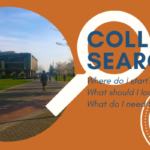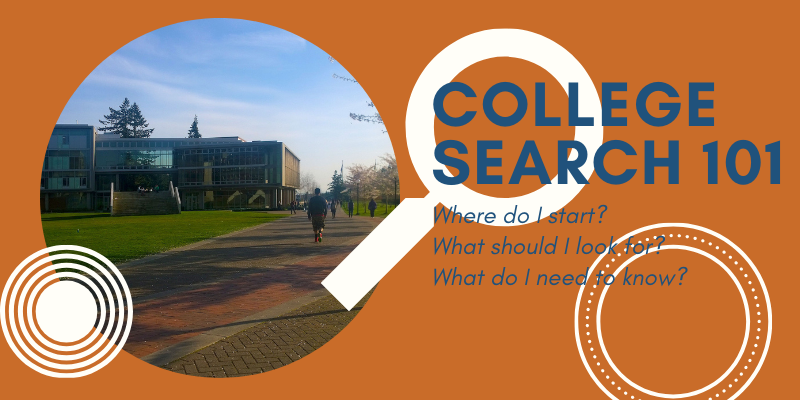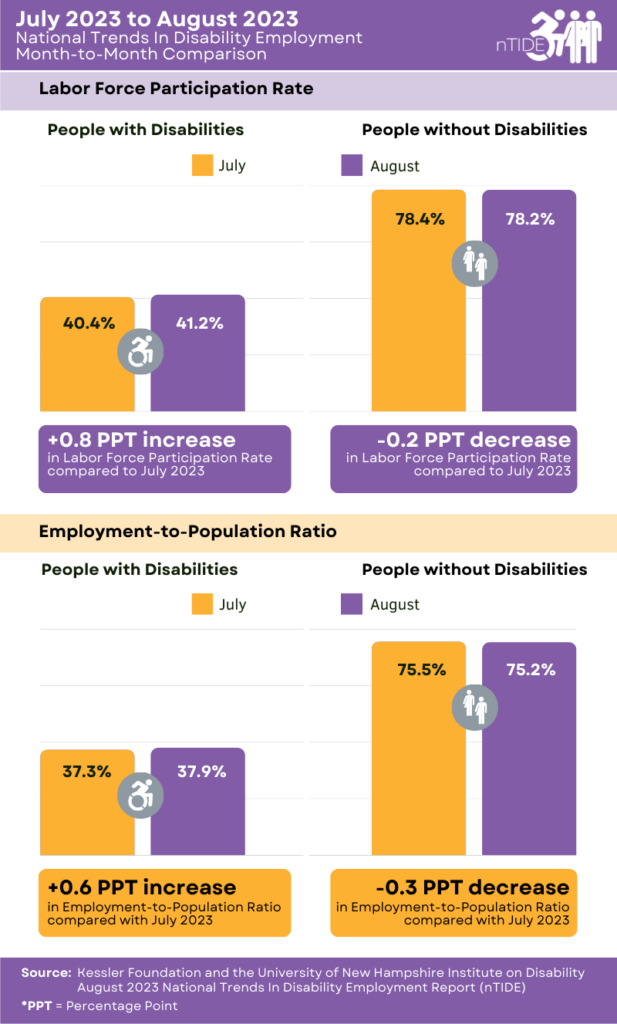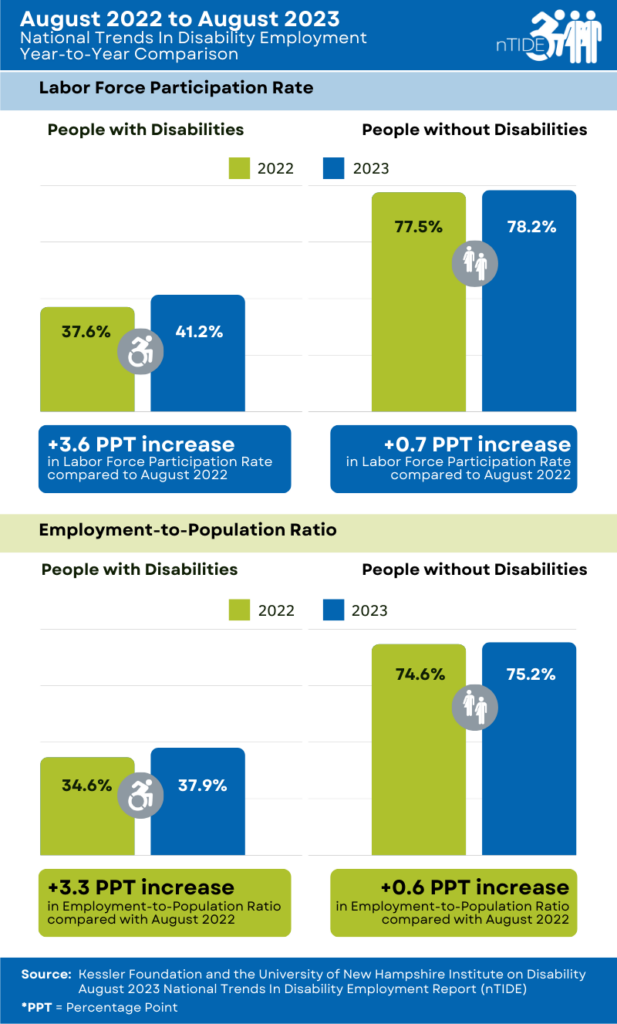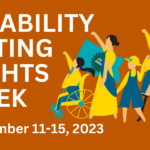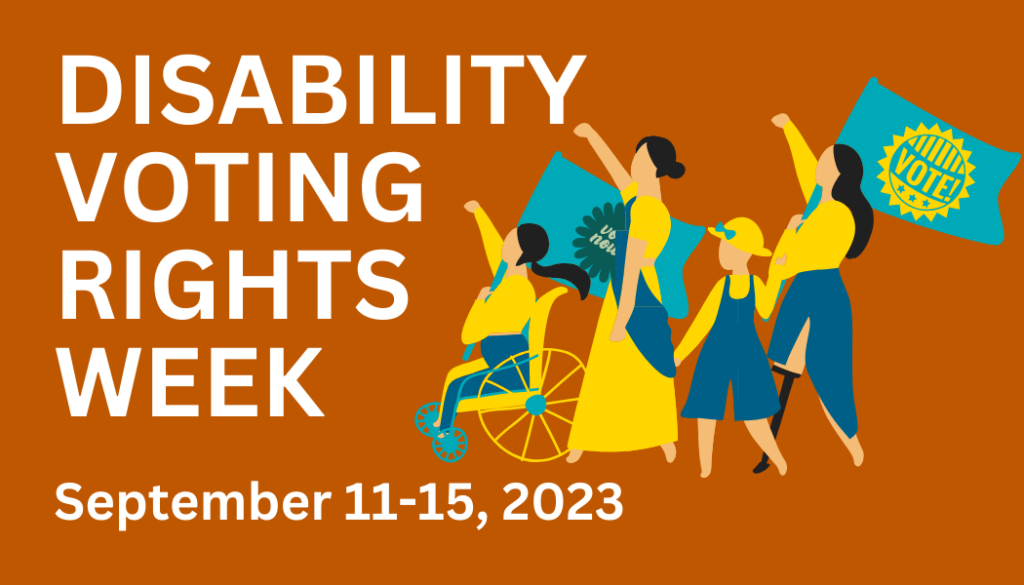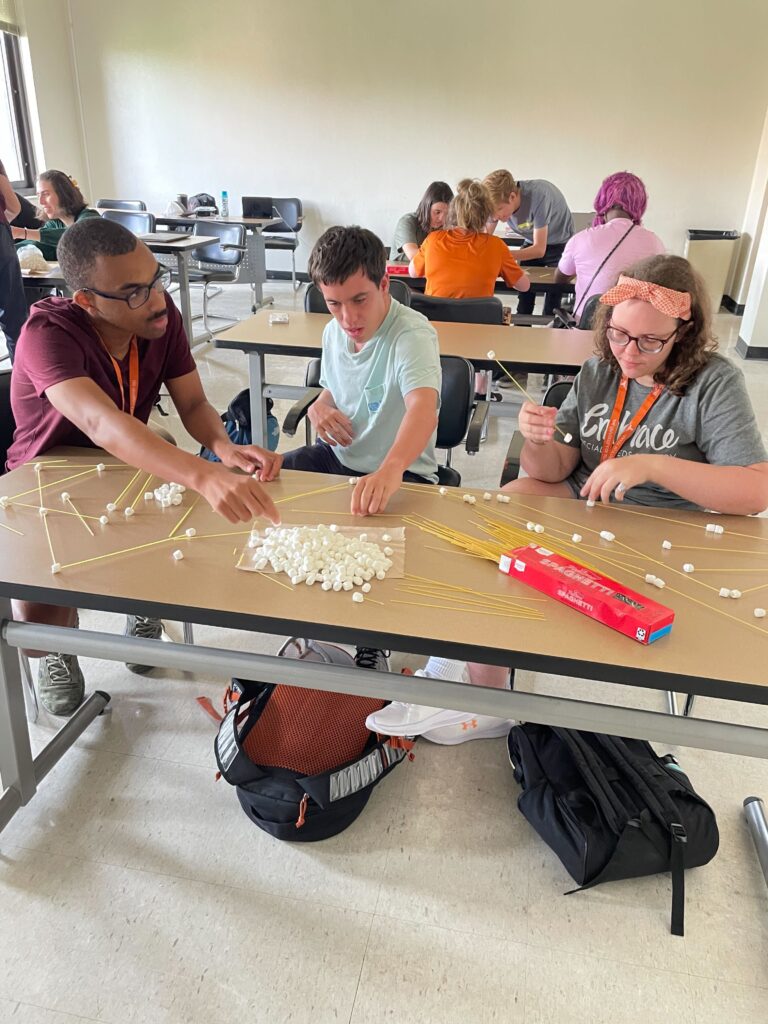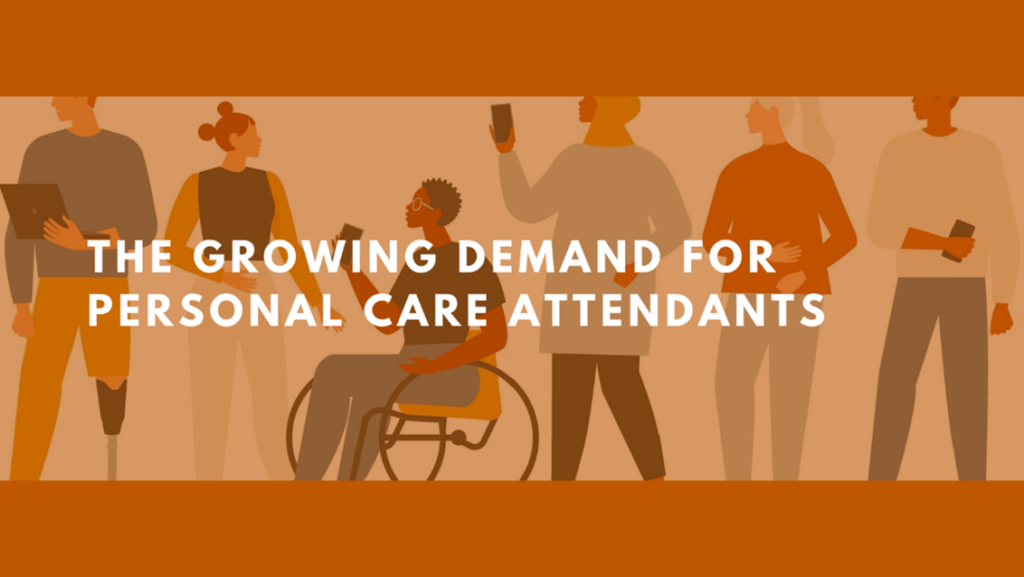
As the Academic Enrichment Assistant at E4texas, I deeply appreciate the opportunity I’ve had to develop an Ethics curriculum for our students, and I thought a blog post about how that came about would help illustrate E4Texas’s commitment to empowering people with intellectual and developmental disabilities (IDD).
All human beings have to make moral decisions in their lives, and that includes people with IDD. Choosing between right and wrong is a life skill that impacts the development of healthy relationships, self-respect and success at work.
Secondly, sometimes the powers that be express the desire to do horrible things to people with disabilities, including some ethicists with the power to influence social policy. I want our students to be aware of ethical issues that affect them, and to have a strong enough sense of integrity to say “no” to people who would like to oppress and abuse them.
Thirdly, giving our students the opportunity to learn about morality promotes equality. Most young people who go to college receive practice in considering what they believe about right and wrong, such as by voting in an election for the first time, taking a philosophy class, having thoughtful discussions with peers, etc. I want our students to benefit from that same opportunity to develop critical thinking skills. People with IDD deserve to be as prepared to consider moral issues as their peers.
Lastly, I want to teach our students about ethics for much the same reason that I want to take them to hear renowned musicians at the School of Music – the world often tries to tell disabled people that we should have low expectations for what we will experience in life– that we shouldn’t bother exposing ourselves to fine music or having an opinion about important moral issues that impact what kind of world we live in. I hope that our discussions will empower our students to resist that trend and set high goals for themselves.
Hence, my lessons give E4Texas students the opportunity to think about foundational moral skills, like following the Golden Rule. We talk about the fact that there’s a difference between moral rules that are in place to protect people’s rights, and social rules that may be less important, or may be unfair to people with disabilities. We talk about how having a strong moral identity promotes well-being and students create a Moral Vision Board featuring values that are important to them. My hope is that these lessons will instill a sense of integrity that will allow them to look in the mirror at the end of the day and be proud of the moral decisions that they made.
In short, teaching our students about ethics is one of my contributions to our program’s mission of “educate, empower, employ, excel.” Our students deserve nothing less.


